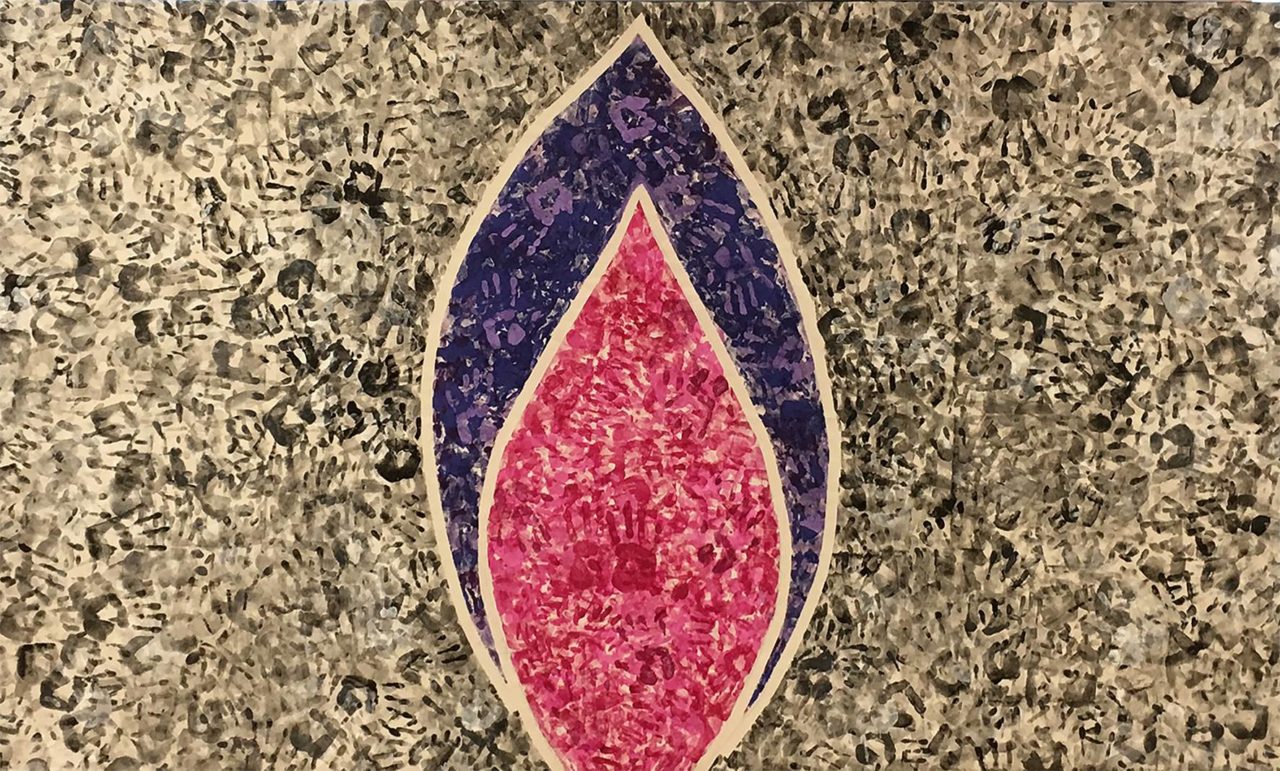We release research to mark Holocaust Memorial Day 2019
Five per cent of UK adults don’t believe the Holocaust – the intentional murder of six million Jews by the Nazis and their collaborators – really happened and one in 12 (8%) say the scale of the Holocaust has been exaggerated, according to research released on Holocaust Memorial Day (Sunday 27 January 2019).

5% of UK adults don’t believe the Holocaust actually happened
64% do not know how many Jews were murdered, or grossly underestimate the number
8% say the scale of the Holocaust has been exaggerated
The survey of over 2,000 people (carried out by Opinion Matters and weighted to be a representative sample of UK adults) was commissioned by the Holocaust Memorial Day Trust – the charity set up by Government to mark Holocaust Memorial Day. It shows that 64% of people polled either do not know how many Jews were murdered or grossly underestimate the number: 45% of those polled said they did not know how many people were killed, while one in five (19%) believe fewer than two million Jews were murdered.
Despite the figures, the vast majority (83%) of respondents say it’s important to know about the Holocaust and that we can all learn lessons for today from the past (84%), while over three quarters (76%) believe more needs to be done to educate people about what happened.
Olivia Marks-Woldman, Chief Executive of the Holocaust Memorial Day Trust, says:
“The Holocaust threatened the fabric of civilisation and has implications for us all. Such widespread ignorance and even denial is shocking. Without a basic understanding of this recent history, we are in danger of failing to learn where a lack of respect for difference and hostility to others can ultimately lead. With a rise in reported hate crime in the UK and ongoing international conflicts with a risk of genocide, our world can feel fragile and vulnerable. We cannot be complacent.
“Despite many respondents (25%) telling us that events like those in the Holocaust could never happen again, genocides have been carried out across the world in the last 70 years. Each of us has a responsibility to know what happened, and the need for Holocaust Memorial Day has never been so pressing. Thankfully, more people than ever before are taking part in our annual commemorations to learn lessons from genocide and help create a better future.”
Dr Joe Mulhall, Senior Researcher at anti-racism organisation Hope Not Hate and Trustee of the Holocaust Memorial Day Trust, says:
“As time passes we have fewer and fewer people who witnessed the horrors of the Holocaust first-hand. That’s why it’s vital we keep the memory of the Holocaust alive, especially among younger generations. The best way to fight back against Holocaust denial wherever it rears its head is awareness and education, and Holocaust Memorial Day is an important part of that, especially as we approach the 75th anniversary of the liberation of Auschwitz-Birkenau next year.”
Steven Frank BEM (aged 84) is a survivor of the Holocaust and was sent to three concentration camps. He and his brothers are three of only 93 children who survived the Theresienstadt camp. He says:
“I find these figures terribly worrying. In my experience, people don’t have a solid understanding of what happened during the Holocaust and that’s one of the reasons I am so committed to sharing what happened to me.
“At one of my talks, I met someone who said the Holocaust didn’t happen. The only way to fight this kind of denial and antisemitism* is with the truth – I tell people what happened, what I saw and what I experienced. Education is so important. If we ignore the past, I fear history will repeat itself.”
*anti-Jewish hatred
About our research
The Holocaust Memorial Day research was conducted by market research agency Opinion Matters and commissioned by The Holocaust Memorial Day Trust.
Using an online methodology, we surveyed 2,006 nationally representative UK adults aged 16+. The respondents were randomly selected from an online market research access panel. Quotas were set to ensure the overall responses are representative of ONS UK population data based on age, gender and region.
The research found that 5.4% of respondents either agreed or strongly agreed with the statement ‘The Holocaust never really happened’ and were provided with the following options when making their decision: ‘strongly agree’, ‘agree’, ‘neither agree nor disagree’, ‘disagree’, ‘strongly disagree’, ‘I don’t know’, ‘I have never heard of the Holocaust’.
Given the sample size and the percentage of respondents who expressed this view, the Confidence Interval is +/-0.95% for a Confidence Level of 95%.
Opinion Matters abide by the Market Research Society code of conduct and are members ESOMAR, the association for market research globally.
View our full research results here.